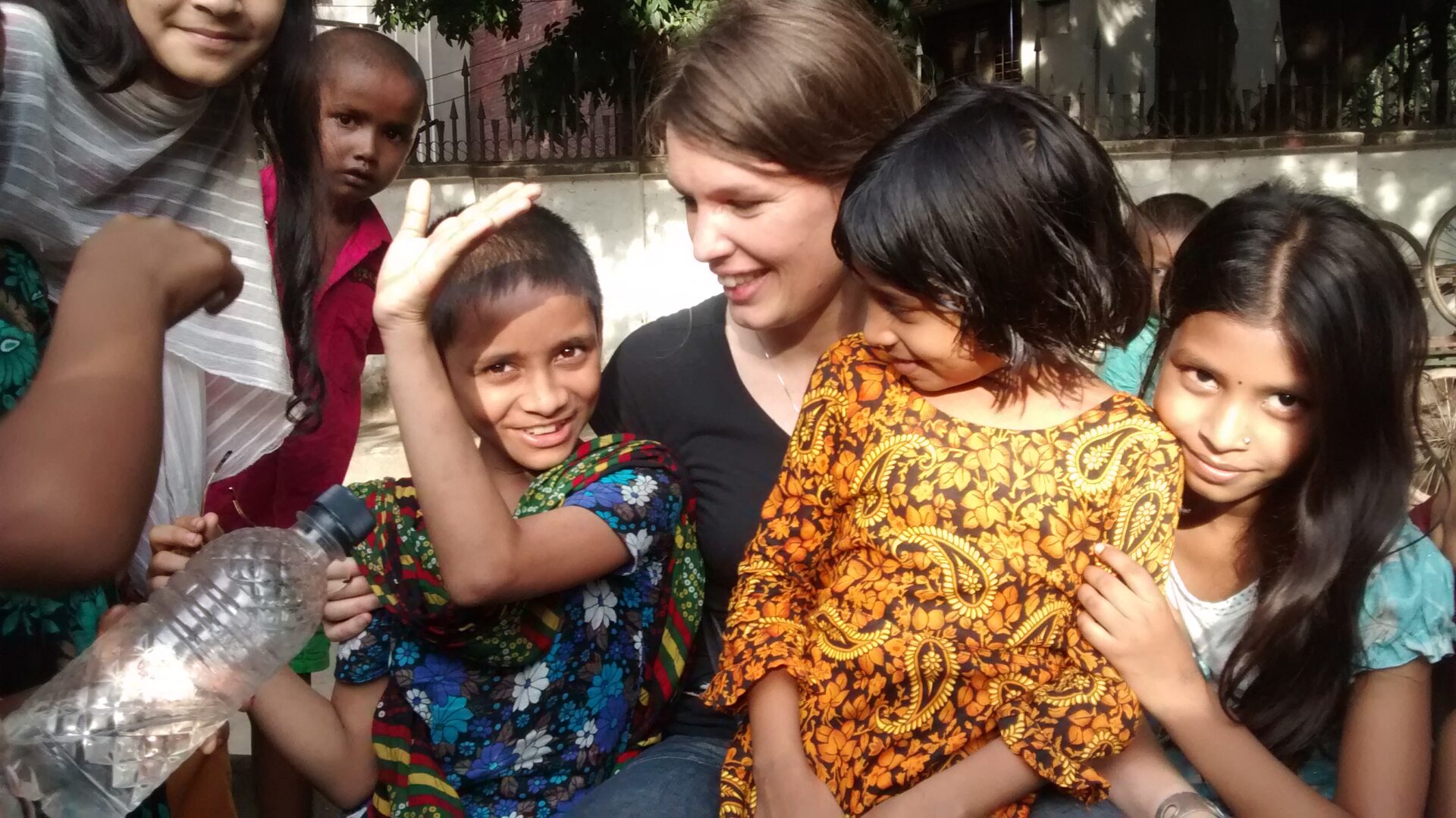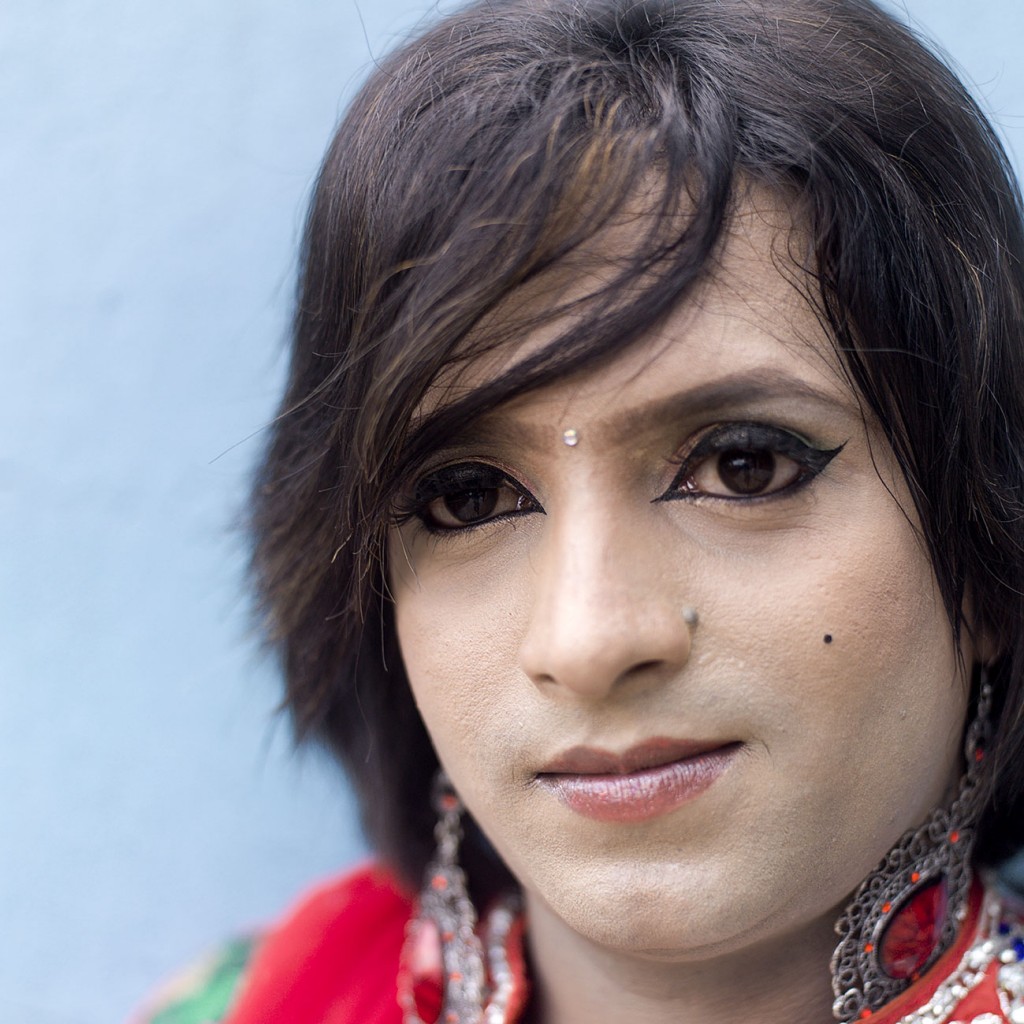When we were working in Bangladesh, we met Mahbooba Mahmood Leena. She is an educated woman, part of the elite of Bangladesh. She was telling the story of how she came to run an orphanage, school and working place for 150 children. “I was 30, and working for a local NGO, trying to help the prostitutes in brothels to a better and safer life, against the ideas of my family and friends. Going to this brothels I saw that the children of these women never came outside. They had to stay inside, with their mother. This hurt me so much that I turned my life that way: to help this children to have a chance of a life. That changed my life, and made Utsho happen.” Now, over twenty years later, we can see the ongoing result of her efforts in the Utsho orphanage, schools and work places.
What touched us is the way she described the process of improving the life of these children and women. She was in no way asking to give money, or to take over the help. She said: “In Bangladesh, we are able to help our own society, to improve the life of these children. We should stop to pretend we are all helpless, because there are many educated, wealthy people in our society that are able to set up these initiatives, changing society for the better. The main obstacle in our progress is the image of Bangladesh as a helpless, poor country that is spread in the press and supported by NGO’s that get their funding through that image. We can never achieve a self-sustaining society with strong children and people if we do not get rid of this image of Bangladesh in the world and our own eyes.”
Since we are artists and anthropologists, working for years with social issues in many countries, and are now in Bangladesh to work with groups that remain unseen by the world, the question what we can do to help Leena with their quest was easily answered. Our main goal to portray the people and stories that are untold, so people will start seeing this reality and act differently.
In Bangladesh, we will make a full documentary of the work of Utsho, the lives of the women and children that are part of this big family and the importance of understanding how this society works, before we start ‘helping’ it. We can show that contributing to a healthy society that solves its own problems is the only way we can contribute instead of ‘helping’ sustain the dependencies created by financial support through governments and Ngo.
After producing it together with Utsho, we will also make this documentary known and available worldwide, through media, schools, universities, ngo networks and governments and our own network and platforms. To change the lives of these children, to change the image of their society, to enable them to create their own lives.

